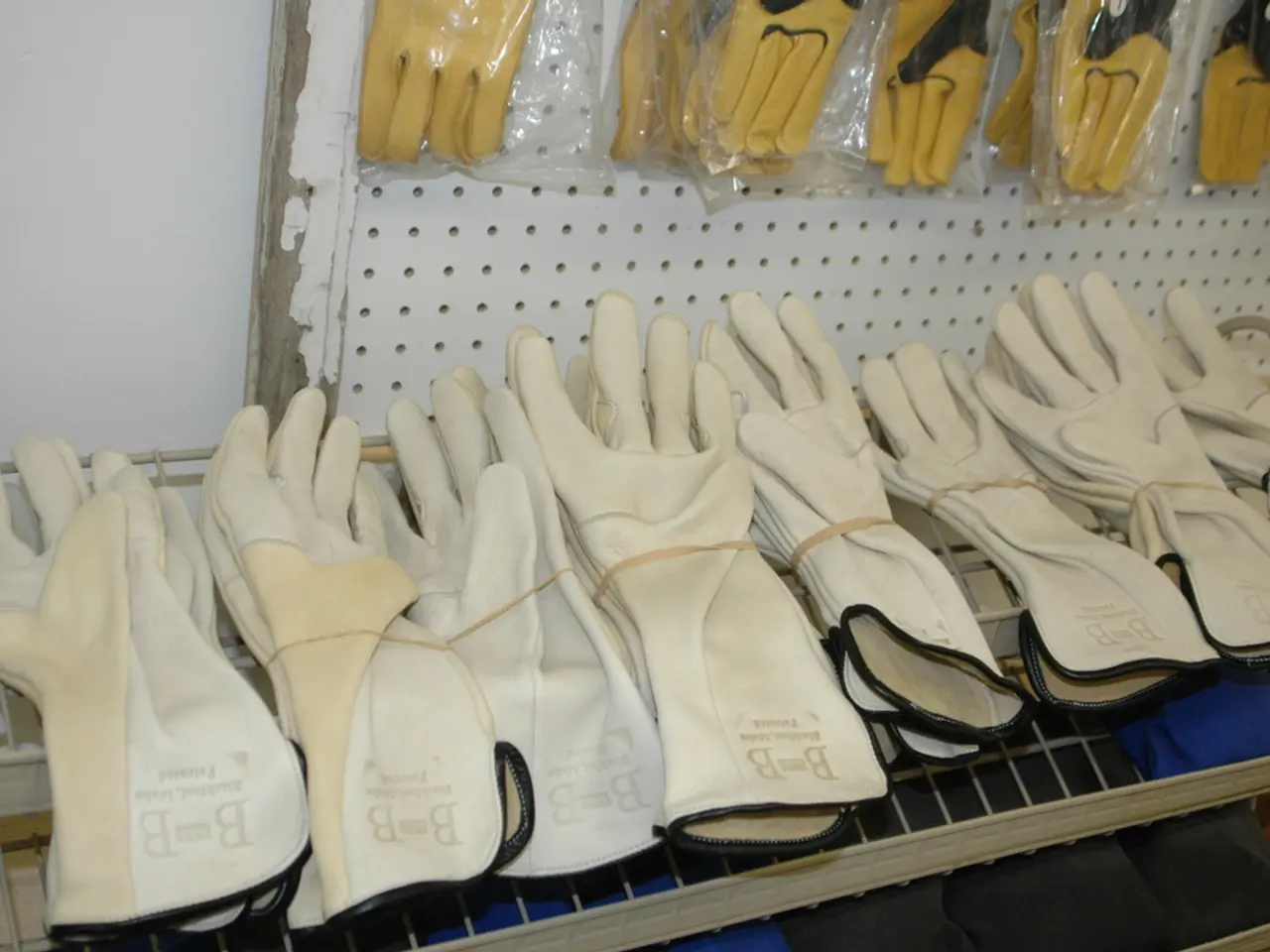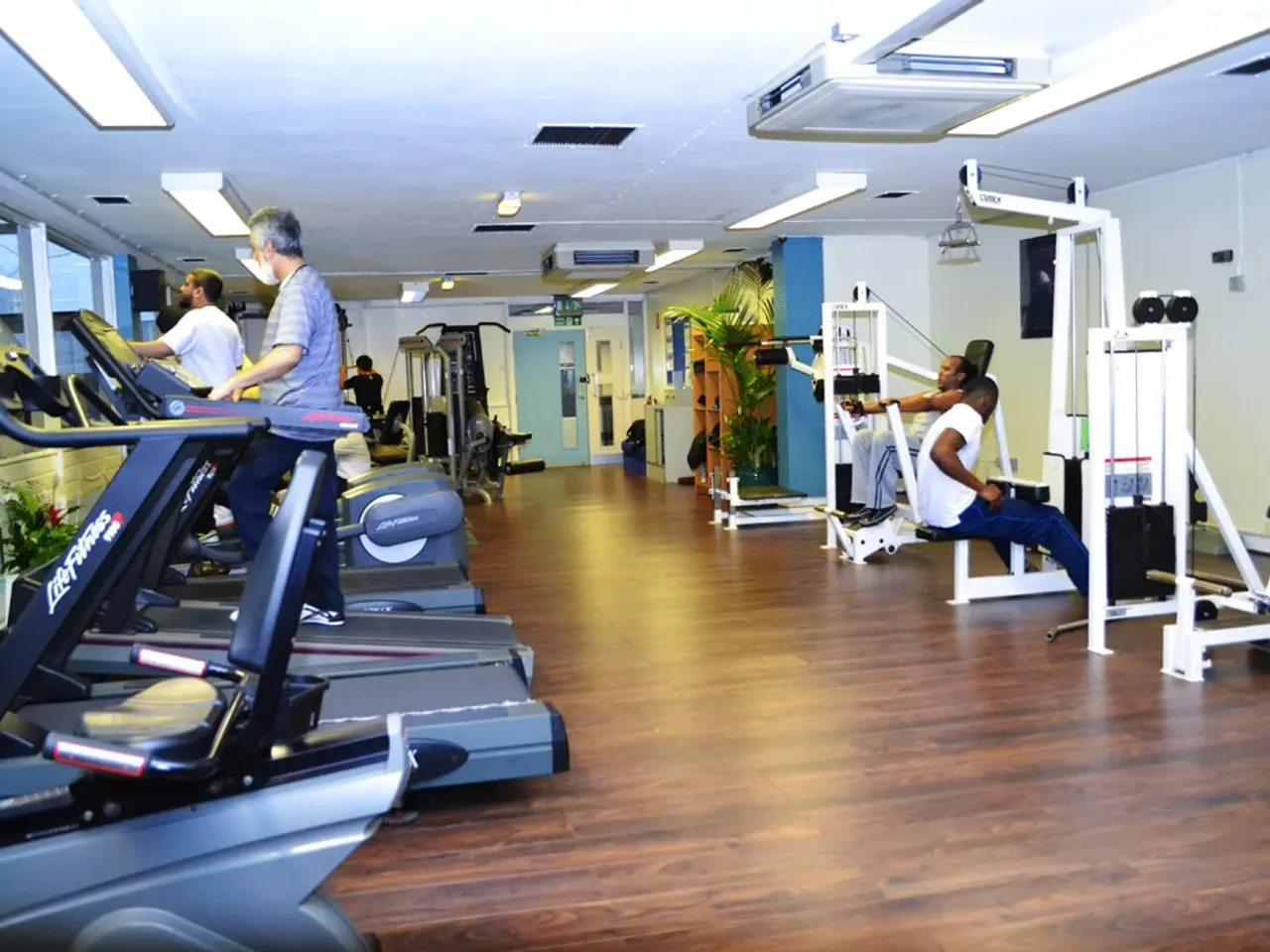Strategies for navigating psoriatic arthritis during chilly seasons
As the cold, dry winter months approach, people living with psoriatic arthritis (PsA) may find themselves grappling with worsening skin symptoms and increased joint discomfort. However, a humidifier could be a helpful, non-pharmacological solution to alleviate these issues.
### Key Benefits of Using a Humidifier for Psoriatic Arthritis in Winter:
1. Relieves Dry Skin: Cold indoor air and heating systems often dry out the skin, exacerbating psoriasis plaques and skin irritation associated with PsA. Humidifiers add moisture to the air, helping to maintain skin hydration and reduce dryness and cracking.
2. Soothes Irritated Skin and Respiratory Passages: Dry air can worsen symptoms such as itchy, flaky skin and dryness in the throat and airways. Humidifiers help counteract these effects by increasing humidity and keeping skin and mucous membranes more comfortable.
3. Supports Skin Barrier Function: Low indoor humidity weakens the skin's protective barrier, making it more vulnerable to irritation and psoriasis flare-ups. Adding moisture may strengthen this barrier and reduce the severity of disease symptoms.
4. Potentially Reduces Risk of Infections: Research suggests that maintaining indoor humidity around 40-50% can help reduce airborne viruses, which could indirectly support overall health during winter.
5. Improves Comfort and Quality of Life: By mitigating dryness, humidifiers can help PsA patients experience less discomfort from both skin and respiratory symptoms, improving their daily wellbeing in harsh winter conditions.
### Important Considerations: - Maintain humidity levels between 40-50% to avoid mold, dust mites, or bacteria growth, which could worsen allergies or respiratory symptoms. - Combine humidifier use with topical treatments and skincare routines recommended by healthcare providers for effective management of psoriasis and PsA.
In summary, adding a humidifier in the home during cold, dry months can be a supportive, non-pharmacological measure to alleviate skin dryness and discomfort related to PsA, helping to reduce skin irritation and potentially lower the risk of winter-triggered flares.
Other strategies for managing PsA during cold weather include taking warm baths to ease symptoms, moisturizing regularly, wearing appropriate clothing, and establishing good sleep habits. Additionally, food sources of vitamin D, such as oily fish and fortified dairy products, can help address vitamin D deficiencies that may be more common among people with PsA.
UVB rays, which slow excessive skin cell growth, can also help alleviate psoriasis flare-ups, while wearing natural, soft, and breathable fabrics like cotton can help prevent skin irritation for people with psoriasis. For joint inflammation and pain associated with PsA, waterproof, insulated gloves can protect joints from cold and damp conditions.
By adopting these practices, people with PsA can take proactive steps to manage their condition during the winter months and improve their overall quality of life.
- People with psoriatic arthritis (PsA) might find relief from dried-out skin, a common issue during winter months, by using a humidifier.
- Humidifiers can help maintain skin hydration, reducing dryness and cracking, which might exacerbate psoriasis plaques and skin irritation associated with PsA.
- Dry air can worsen skin symptoms like itchy, flaky skin, and dryness in the throat and airways, but humidifiers can help counteract these effects.
- By increasing humidity, humidifiers may support the skin's protective barrier, reducing vulnerability to irritation and potential psoriasis flare-ups.
- Evidence suggests that maintaining indoor humidity levels between 40-50% can help reduce airborne viruses, thereby supporting overall health during winter.
- By mitigating dryness, humidifiers can improve the daily wellbeing of PsA patients in harsh winter conditions.
- In addition to humidifiers, taking warm baths, regular moisturizing, wearing appropriate clothing, and establishing good sleep habits can help manage PsA during cold weather.
- Vitamin D deficiencies might be more common among people with PsA, and food sources of vitamin D, such as oily fish and fortified dairy products, can help address this.
- UVB rays and wearing natural, soft, and breathable fabrics can aid in psoriasis management, while waterproof, insulated gloves protect joints from cold and damp conditions related to PsA.




